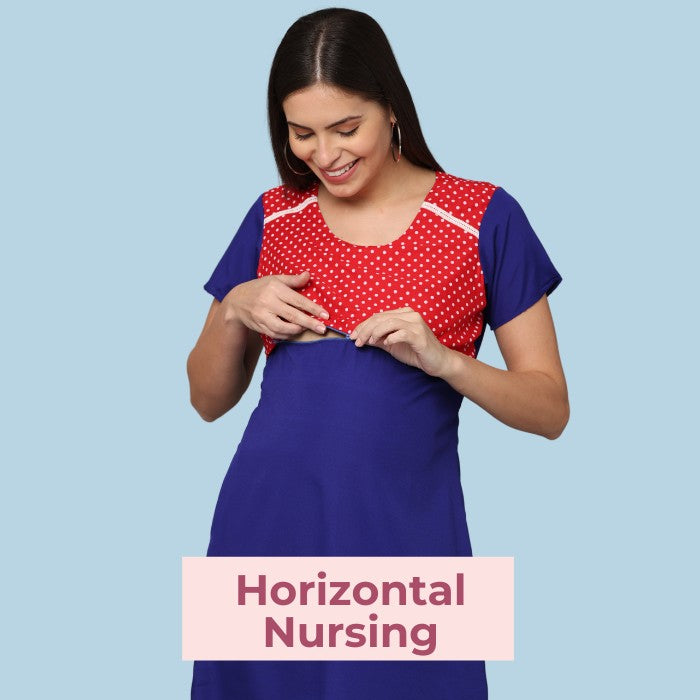
Image Credit: AI
If you’re living with polycystic ovarian syndrome (PCOS), this blog is here to support you. From symptoms and diagnosis to pregnancy-related complications and care tips, we’re walking this path with you.
What Is Polycystic Ovarian Syndrome (PCOS)?
PCOS is a common hormonal condition in which the ovaries produce higher-than-usual levels of androgens (male hormones). These hormones can disrupt your menstrual cycle, affect ovulation, and may influence physical appearance and fertility.
PCOS And Pregnancy
PCOS can affect your ability to conceive and may lead to certain complications during pregnancy. This hormonal imbalance can interfere with ovulation, making it more difficult for the body to release an egg.
If you have PCOS, you may face challenges when trying to get pregnant. And if you're already expecting, it's important to be aware of the possible risks:
- Increased risk of miscarriage
- Gestational diabetes
- High blood pressure during pregnancy
- Premature birth
- Higher likelihood of a C-section, often due to a larger baby size
It’s important to consult your doctor early on and undergo appropriate testing early so they can guide you with the best care plan for you and your baby.
Also read: 7 Important Precautions To Take During Pregnancy
Common Symptoms Of PCOS

Common signs and symptoms include:
- Irregular or missed periods
- Weight gain, especially around the abdomen
- Difficulty conceiving
- Ovarian cysts
- Excess facial hair
- Hair thinning or balding
- Acne and skin issues
If you notice any of these symptoms, it's a good idea to check in with your doctor about getting tested. Early diagnosis—especially during pregnancy—helps your care team monitor your health and your baby's development more closely.
How Is PCOS Diagnosed?
Diagnosing PCOS is usually straightforward but may take time, as the symptoms can resemble other conditions. Your doctor may suggest
- A blood test to check hormone levels
- An ultrasound to look for ovarian cysts
Discussing your symptoms openly with your healthcare provider is essential for timely diagnosis and support.
Also read: Is Pregnancy Over 35 Safe? Here's What You Need To Know
Helpful Tips For Managing PCOS

Taking care of your body can make a big difference. Here are a few daily practices that may help:
Stay active and maintain a healthy weight.
Even a small reduction in body weight—just 5%—can improve your chances of ovulation and conception.
Opt for leak-proof period panties.
Irregular periods caused by PCOS make women conscious of staining. You can forget all staining worries by opting to wear leak-proof panties as you near your period date. The soft, breathable material, along with an extra layer to prevent staining, is just the kind of period panties you need.
Stay hydrated.
Research has shown that drinking lots of water during the day to keep your body hydrated can help significantly with PCOS.
Maintain healthy eating habits.
Eat healthy foods and try to include raw vegetables and fruits in your daily diet as much as possible. Research shows that dietary changes help women with PCOS.
Try gentle natural remedies (with your doctor’s guidance).
Eating a balanced, nutritious diet and staying active can significantly improve PCOS symptoms.It's also good to find fun ways to relax, like doing peaceful yoga or deep breathing. Some special teas like spearmint tea, yummy spices like cinnamon, or special seeds like fenugreek might help too, but always ask a doctor first. It's also important to stay at a good weight and get lots of rest.
It is essential to visit a doctor at the earliest and be honest about your symptoms. Providing accurate information to your doctor will ensure that he or she can arrive at the best treatment plan suited for you.
Conclusion
Pregnancy is a special and transformative journey, but with PCOS, it might come with a few extra steps. The good news? You’re never alone on this journey, and support is just a step away.
With mindful lifestyle changes, regular medical support, and informed choices, many women with PCOS can achieve a healthy pregnancy. Together, we can help you manage PCOS, protect your health, and support your baby’s growth—every step of the way.
Disclaimer:
Every pregnancy is unique. The content in this blog is informational and not medical advice. For personalised care, please speak to your doctor or healthcare provider. For care that’s right for you and your baby, always check with your doctor.
Shop all Morph essentials, including maternity hygiene panties, for an extra 10% off using code "PCOSFREE."





























































